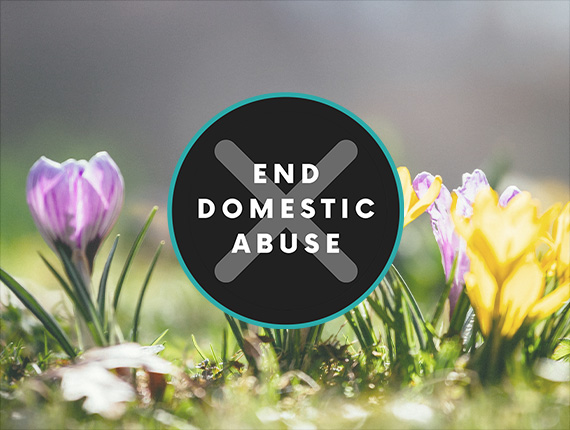Signs and symptoms of child abuse
There are different physical and emotional signs that a child is being abused. On this page, we list some of the signs that may mean a child is being abused.
If you suspect that a child is being abused, find out how to report child abuse.
Call 999 for the emergency services if you think someone is in immediate danger.
If your concerns are not about children, find out how to report adult abuse. You may also be interested in our page on domestic abuse support.
Physical abuse
Children who are being physically abused may have injuries like burns, bites, cuts, bruises or broken bones. These may not match any reason given for their cause.
The child may seem afraid of a particular person. They may flinch if they are touched or seem withdrawn.
Sexual abuse
Children who are experiencing sexual abuse may behave in a sexual way. They may have knowledge that doesn’t seem appropriate for their age. They may become pregnant, suffer with sexually transmitted infections, or have pain in their private parts.
Abused children sometimes have nightmares, wet the bed or become withdrawn. They may say they have a secret. Older children suffering sexual abuse may run away from home or use drugs or alcohol.
Child sexual exploitation (CSE)
CSE is when a child is persuaded or forced into taking part in sexual activity. It can be in person or online.
CSE may involve a child or young person being invited to parties where they are given drugs and alcohol, and may be abused by one or more people. They may be given things like money, mobile phones or trainers in exchange for sex. They may be tricked into believing they are in a relationship with their abuser and not realise they are being abused.
Children who are experiencing CSE may be secretive and be frightened of certain people or places. They may behave in a sexual way or show physical signs like bruises, sexually transmitted infections, pregnancy or pain in their private parts.
Find out more about child sexual exploitation.
Emotional abuse
Children who are experiencing emotional abuse often lack confidence. They can struggle to make and keep friends and be withdrawn or quiet.
Some children experience mental health issues and may behave angrily.
Neglect
Children who are being neglected may be living in a home environment that is cold, dirty or unsafe. They may be smelly and dirty, and be hungry. They may not have the right clothes to keep them warm in winter or cool enough in the summer.
Some children who are neglected are left alone by their carers for long periods. They may not be taken to the doctor or dentist when they need to be.
Sometimes children who are being neglected can be clingy or aggressive. They might take or hide food and miss lots of school. They might be withdrawn or quiet.
Criminal exploitation and gangs
Children who are being exploited in this way may be being bribed, threatened and coerced by gangs to commit crimes. They may be being put in dangerous situations and made to carry drugs or weapons for other people.
You may notice a child has started going missing, travelling around and being absent from school. They may be friends with people older than them and have started using new slang words. Some children may be being secretive and spending lots of time taking calls or sending texts.
They may be angry and violent or seeming afraid and isolated.
Female genital mutilation (FGM)
FGM is the term used where female genitals are cut, injured or changed with no medical reason. It is dangerous and illegal.
There may be signs that FGM might be being planned. These include someone coming from abroad who is described as a ‘cutter’, or a long-planned holiday for a young female child.
You may hear that a family is preparing for a special occasion where a girl is to become a woman or be prepared for marriage. You may know that a relative in a family has undergone FGM themselves.
Visit the NHS website to learn more about female genital mutilation.
Stop Abuse Together
Visit the Stop Abuse Together website to learn to spot the signs of child sexual abuse and where to go for support. Discover how having regular conversations with your child can help keep them safe.
